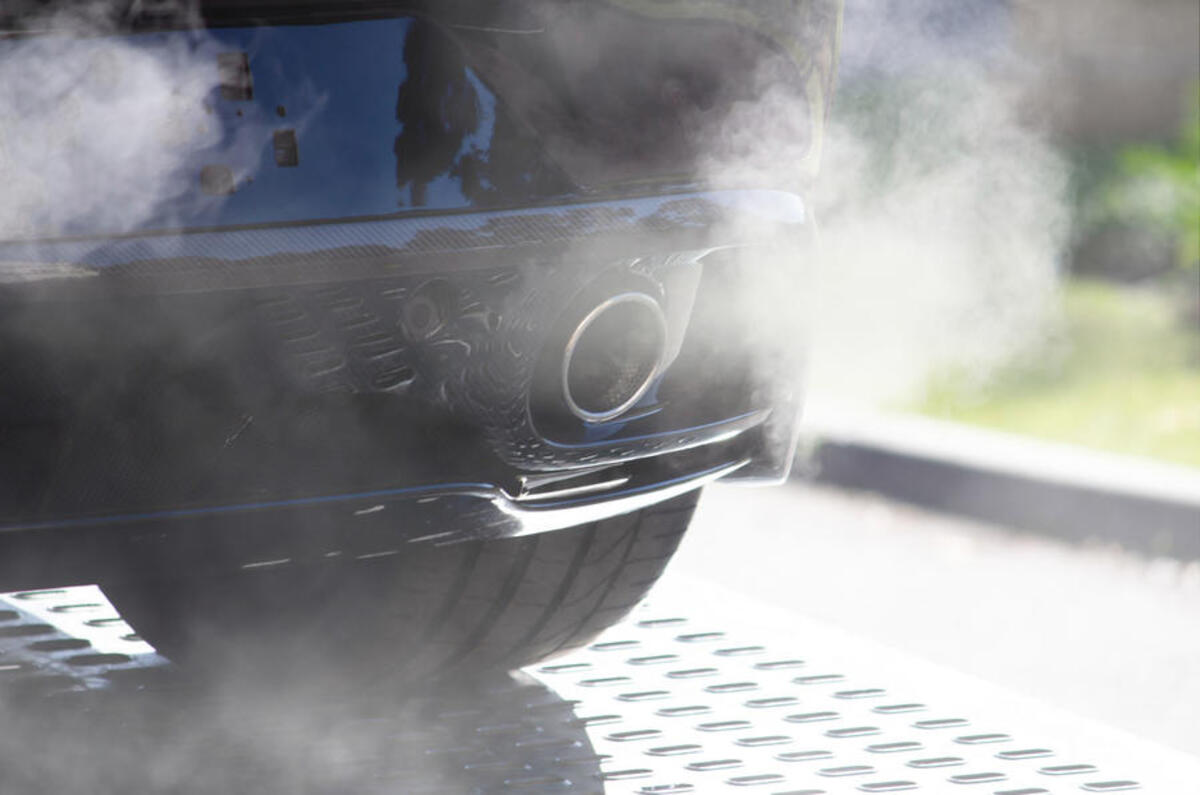The Scottish government has confirmed plans published yesterday to push back the date for when new pure-combustion-powered cars would be banned from sale was incorrect.
In the draft documents, outlining Scotland’s decarbon plans – including a push on renewable energy to power the country while ditching fossil fuels – it suggested a backtrack on the original 2030 date, instead given drivers until 2032 to switch to an electric car.
Today, the government has now confirmed this was, in fact, a typo.
In a statement, it said: “Some of the text of the (draft ESJTP) contained an incorrect reference to phase out dates for petrol and diesel cars and vans. The wording has been reviewed and revised as necessary to reflect the correct commitment to phase out the need for new petrol and diesel cars and vans by 2030, rather than 2032.”
As originally reported by The Times, Energy secretary Michael Matheson outlined in the plans that he had concerns over how slowly the country’s charging infrastructure was progressing, coupled with how expensive it now is to run an electric car, given the high price of electricity.
This meant the previous 2030 target of phasing out combustion-powered vehicles was not seen as viable.
The news now means Scotland is in fact still alligned with the rest of the UK, which is still firmly focused on banning the sale of new pure-combustion cars by the end of the decade, as it pushes towards a legal target of cutting greenhouse gases to net zero by 2050. A ban on plug-in and full hybrids will follow by 2035.
A new European Union law, which promises a 100% reduction in CO2 emissions from new cars, effectively means member states will also follow by 2035 – despite some countries, such as Germany, refusing to back it.
The overall banning of the sales of new petrol and diesel cars, including hybrid-assisted powertrains, is part of a wider effort to cut planet-heating emissions.
Ahead of the ban, new Euro 7 emission regulations have also been drawn up to make combustion-powered cars released from July 2025 "as clean as possible". These include new electrically heated e-catalysts to mitigate cold-start emissions, and live on-board monitoring of key pollutants.








Join the debate
Add your comment
Christ....they cant get ANYTHING right!!
If inadequate charging was being given as a reason for delay, the answer is obviously *improve it* rather than pushing back the EV only date! Still 7 years away, no problem in principle. Just get on with it. (Especially now that Shell have closed their hydrogen stations and are now saying that hydrogen for cars has no future. )
A typo! In other words SNP admitting it was their mistake and nothing to do with Westminster? That has to be a first.
When they win their Independence, the SNP want to join the EU again ( ironic or what? ). This is where Brussels say the sale of Petrol and Diesel cars is to end by 2035, but where the Germans want to postpone it, where France want to delay it until 2040, where Italy wants to halt the ban, where Spain opted out of the COP26 pledge on manufacture of petrol and diesel cars by 2035, where Portugal wants to delay it etc.
And we're going to ban the sale by 2030? Yeh, whatever.